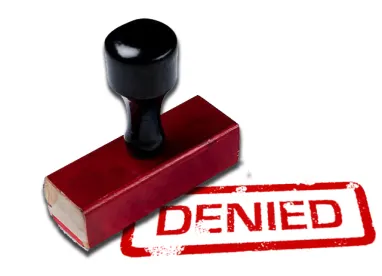The US Court of Appeals for the Federal Circuit affirmed the district court’s denial of a motion to vacate a judgment of invalidity based on ineligible subject matter under § 101, despite the fact that the US Patent and Trademark Office (PTO) granted new amended claims after ex parte reexamination. Cardpool, Inc. v. Plastic Jungle, Inc., Case No. 14-1562 (Fed. Cir., Apr. 5, 2016) (Newman, J).
Cardpool sued Plastic Jungle for infringement of a patent directed to computer-implemented online gift card exchange technology. Plastic Jungle raised defenses of obviousness and patent ineligibility. The district court granted Plastic Jungle’s motion to dismiss with prejudice pursuant to Fed. R. Civ. P. 12(b)(6) on § 101 grounds and entered final judgment in favor of Plastic Jungle. Cardpool filed an appeal to the Federal Circuit and, in the interim, filed a request with the PTO for ex parte reexamination.
While reexamination was pending, the Federal Circuit affirmed per curiam the district court’s dismissal based on patent ineligibility. A few weeks later, the PTO issued an ex parte reexamination certificate, amending the asserted claims and finding them patentable under § 103. The Federal Circuit granted Cardpool’s request for rehearing, vacated the per curiam affirmance of invalidity and remanded the case to the district court “to determine what actions, if any, are appropriate in light of the reexamined claims.”
On remand, the parties jointly moved for vacatur of the prior judgment. The parties had reached a resolution and moved for voluntary dismissal without prejudice. The district court, however, denied the motion, stating, “[j]ust because a PTO examiner allowed the amended claims does not mean the reexamination certificate can displace a district court judgment following a contested motion to dismiss . . . .” Cardpool appealed.
The Federal Circuit, reviewing the district court action for abuse of discretion, affirmed the denial of vacatur, noting the Supreme Court of the United States’ instruction in U.S. Bancorp v. Bonner Mall P’ship that “vacatur must be decreed for those judgments whose review is . . . ‘prevented through happenstance,’” i.e., “where a controversy presented for review has ‘become moot due to circumstances unattributable to any of the parties.’” Here, Cardpool, the losing party, had voluntarily sought ex parte reexamination and amended its claims, so it was squarely within the district court’s discretion to decline to vacate its prior judgment.
Cardpool, citing Aspex v. Marchon, expressed concern that the judgment dismissing its claims with prejudice would have a preclusive effect on its ability to assert the new amended claims against Plastic Jungle or a successor-in-interest. In Aspex, the Federal Circuit had held that because of a prior dismissal with prejudice, the patentee was estopped from pursuing reexamined claims that were not materially different from the original claims and thus did not create new legal rights.
The Federal Circuit explained that claim preclusion does not somehow “automatically” arise, but that its applicability depends on the factual circumstances. Here, the validity of the original claims was adjudicated, but only as to § 101 issues, while the validity of the reexamined claims was not adjudicated. Therefore, the preclusive effect, if any, of the district court’s prior judgment in this case would “depend[] on the facts and issues of the reexamination and invoke[] equity as well as law.” The district court did not abuse its discretion in denying the parties’ request for vacatur.



 />i
/>i
